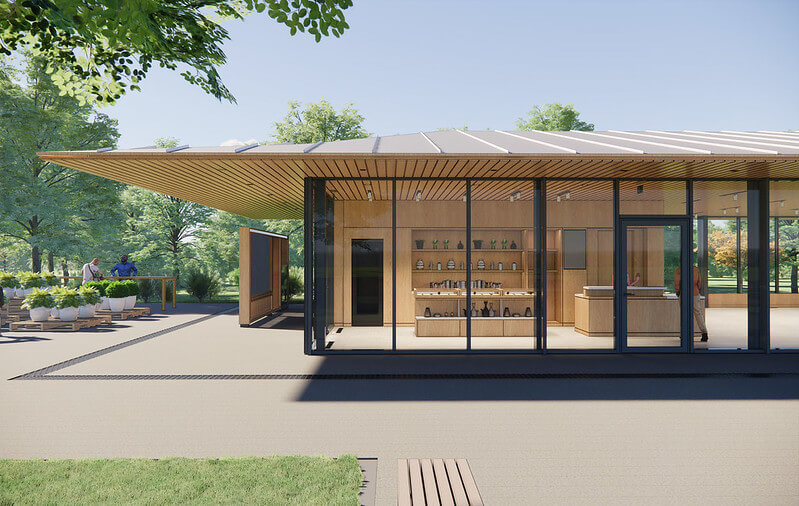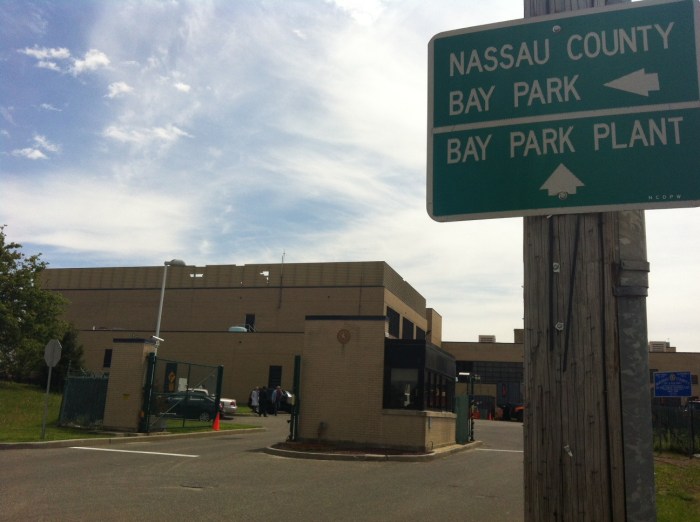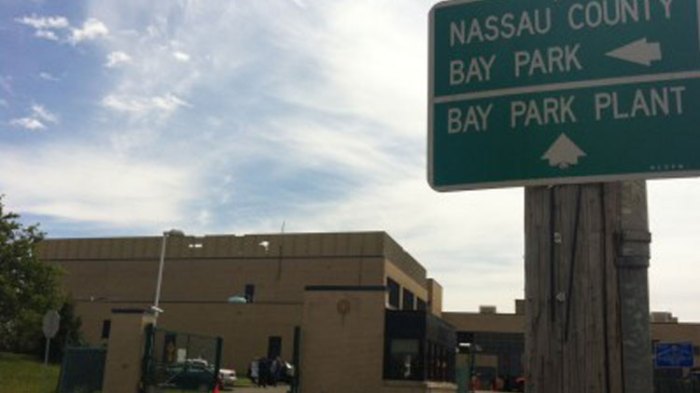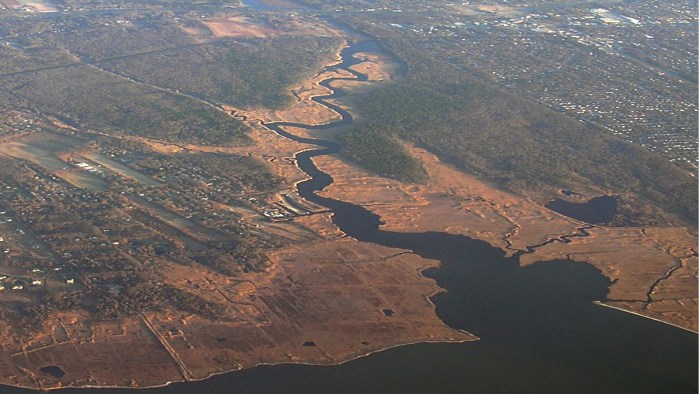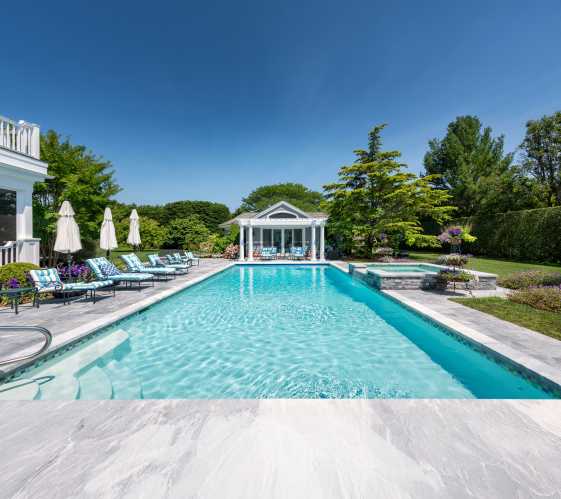Construction has begun on a $9.3 million upgrade to Bayard Cutting Arboretum State Park in Suffolk County, Gov. Kathy Hochul announced Tuesday.
The project will update the park’s visitor center, improve parking, and enhance exhibits. The state park, located in Great River in the Town of Islip, features a mansion estate that has been on the National Register of Historic Places since 1973, according to the state parks department.
“Bayard Cutting Arboretum State Park has been attracting visitors for decades and is a shining example of the great estates on the South Shore of Long Island during the 19th century,” Hochul said. “These improvements will make a visit to this historic site an even more enriching and enjoyable experience, and will ensure it is enjoyed by generations of New Yorkers.”
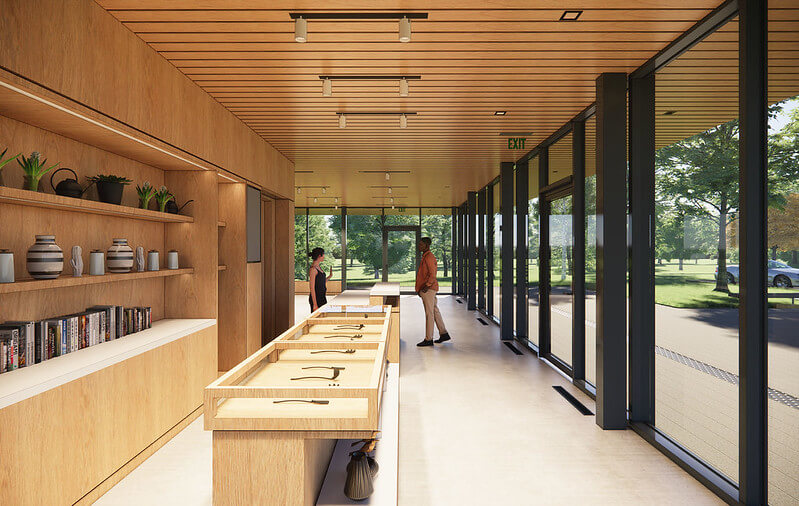
The multi-phase project will create a new, 1,600-square-foot visitor center that will educate about the Cutting family and their historic 60-room, Tudor-style mansion and surrounding landscaping, as well as the impacts of climate change on Long Island.
The project will also install 248 standard-size parking spots to replace the current parking lot and upgrade electrical service in the mansion.
Funding for the project comes from the Bayard Cutting Board of Trustees through the Natural Heritage Trust, grants from New York Works, the federal Land and Water Conservation Fund, and state Environmental Protection Fund.
“It’s been many years of thoughtful preparation between the State and the Trust and we are delighted to participate in this spectacular upgrade to the Arboretum,” said Scott Wise, chair of the Bayard Cutting Trustees.
The new visitor center will be a glass pavilion entrance to the house that will hold nature exhibits and interactive displays educating about the variety of plants, shrubs, and trees in the arboretum.
The project’s sustainability efforts include photo-voltaic solar power arrays on the visitor center’s roof, LED parking lot lighting, electric vehicle charging stations and asphalt paving in the parking lots that will improve storm water drainage and water quality.
The park will remain open during construction, which is set to be complete by fall 2024.




